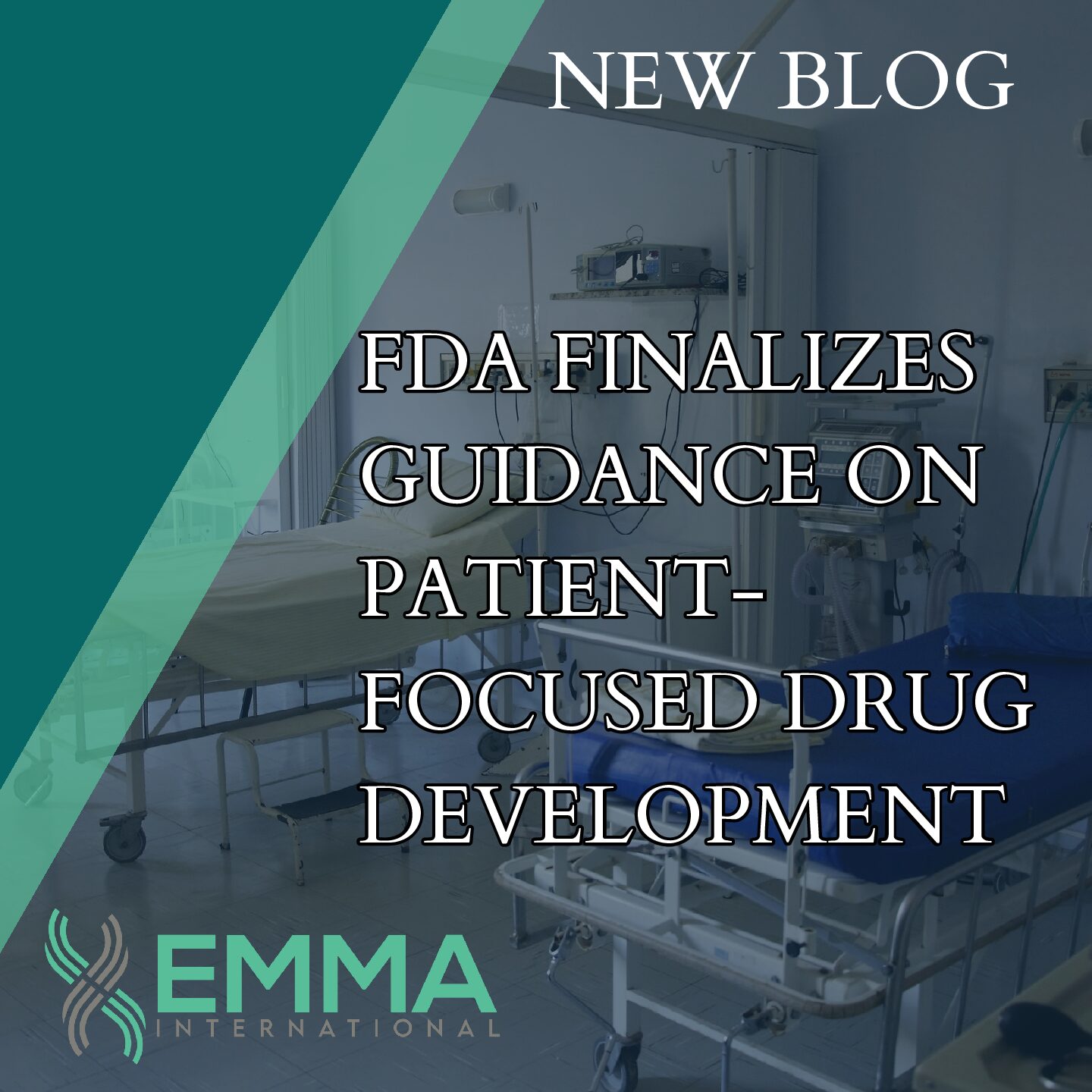A regulatory strategy is a carefully crafted plan that outlines the approach a company will take to bring its product through the regulatory process and gain FDA approval or clearance. It involves a thorough assessment of the regulatory requirements, potential challenges, and key milestones, providing a roadmap for successful product development. For companies developing new drugs or seeking approval for medical devices, the importance of a well-crafted regulatory strategy cannot be overstated. In this blog, we delve into the significance of a regulatory strategy for FDA approval, exploring how it shapes the success and efficiency of the regulatory process.
Initiating the regulatory planning process as early as possible in the product development lifecycle is crucial. Early planning enables companies to anticipate regulatory hurdles and integrate regulatory considerations into the overall development strategy. This is because a robust regulatory plan includes a thorough risk assessment, identifying potential obstacles and uncertainties in the regulatory pathway. Understanding and mitigating risks early on can prevent delays in approval and market entry.
Keeping abreast of the FDA’s evolving regulatory landscape is essential. A regulatory strategy should align with current FDA guidelines, ensuring that the submission meets the agency’s expectations and requirements. Additionally, as the developmental process marches on, the strategy should continually be assessed and updated as necessary. The regulatory landscape is dynamic, with changes occurring over time. A strategy should be adaptable, allowing for flexibility in response to new regulations, guidance, or emerging scientific insights.
Finally, establishing open communication with regulatory authorities is a proactive step in a regulatory strategy. Seeking FDA feedback during development stages can help companies address concerns and make necessary adjustments, fostering a collaborative relationship with the regulatory body. A regulatory plan can help identify when in the developmental process a firm should submit pre-submissions and engage the Agency.
A well-crafted regulatory plan streamlines the development process, enabling companies to focus on key milestones and allocate resources effectively. By anticipating and addressing potential regulatory challenges, a strategic approach can help minimize delays, accelerating the time to market for new drugs or medical devices. Additionally, a regulatory strategy helps companies allocate resources where they are most needed, optimizing the use of time, money, and personnel.
In the complex world of FDA approvals, a well-developed regulatory strategy is an invaluable tool for companies striving to bring innovative and life-changing products to market. By fostering early planning, aligning with FDA requirements, and addressing potential risks, a robust regulatory strategy not only navigates the regulatory maze but also sets the stage for successful product development and market entry.
A regulatory strategy from EMMA International gives you a detailed, holistic view of your regulatory pathway from research to commercialization. You will not only have the information needed to keep your regulatory submission timeline on track, but also have the data to create your budget. Call us at 248-987-4497 or email info@emmainternational.com to learn more today!





